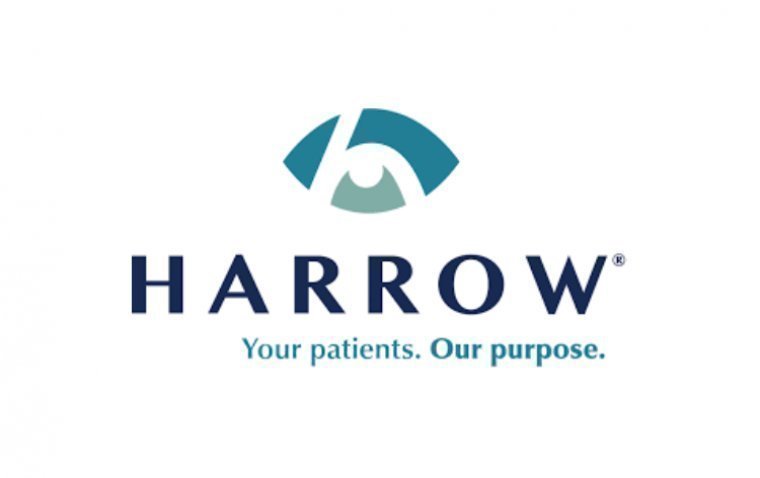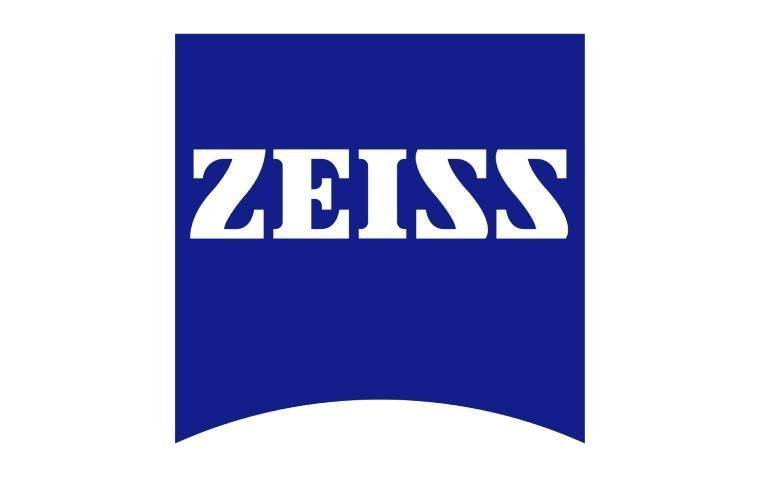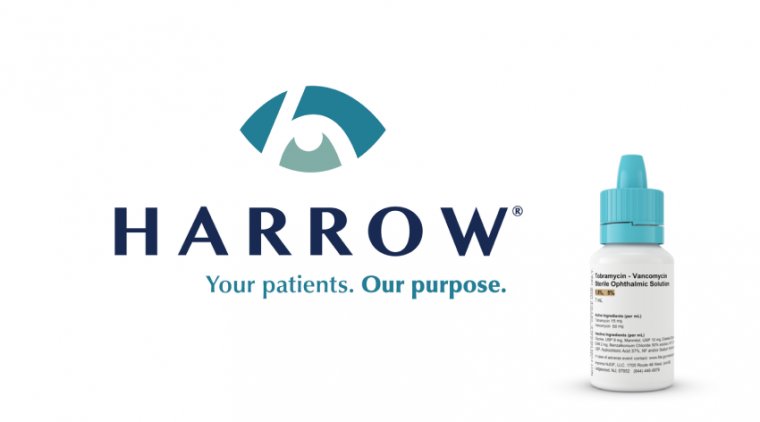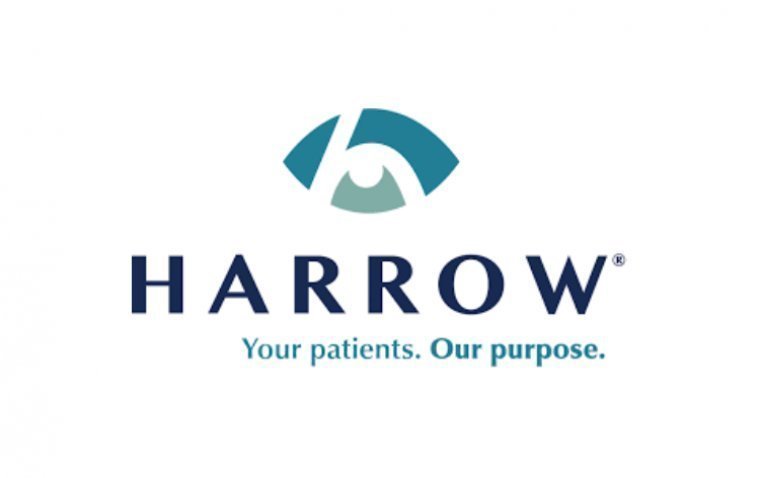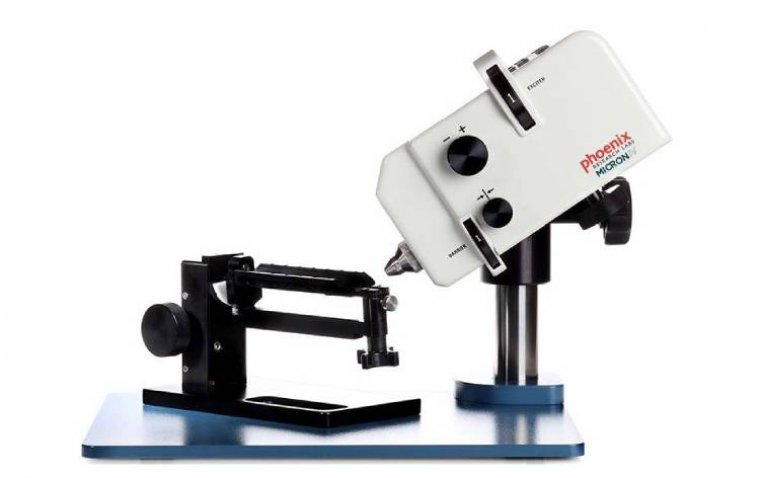
Phoenix-Micron Partners with ArtiKode to Enhance Ophthalmic Imaging with AI
Phoenix-Micron announced a new collaboration with ArtiKode Intelligence, a pioneering artificial intelligence (AI) and machine learning company based in Valencia, Spain. This partnership aims to advance the capabilities of the MICRON Software Suite through automated optical coherence tomography (OCT) segmentation and analysis.
Pioneering AI in Ophthalmic Imaging
ArtiKode, originating from the Computer Vision & Behaviour Analysis Lab at Universidad Politécnica de Valencia, has been at the forefront of developing AI techniques for OCT segmentation since their seminal 2020 publication. Their deep learning algorithms are designed to enhance the accuracy and performance of ophthalmic image analysis.
By leveraging a vast dataset of rodent OCT scans from MICRON systems, ArtiKode's algorithms will automate the detection and segmentation of up to eight distinct retinal layers. The AI model will be seamlessly integrated into the MICRON OCT imaging workflow, providing researchers with immediate and precise analysis tools that improve both productivity and data accuracy
A Commitment to Advanced Ophthalmic Research Tools
"We are thrilled to partner with ArtiKode Intelligence to bring this transformative AI capability to our OCT product line," said J. Scott Carr, CEO of Phoenix-Micron, Inc. "Harnessing the power of AI and deep learning within our core products is another key step in our mission to provide advanced ophthalmic research tools that help accelerate preclinical discoveries and advance the understanding of retinal health.
ArtiKode has been dedicated to pushing the boundaries of computer vision and artificial intelligence since its inception. "This collaboration with Phoenix-Micron represents a significant milestone for ArtiKode Intelligence," remarked Valery Naranjo, co-founder of ArtiKode and director of the Computer Vision and Behavior Analysis lab. "By applying our expertise in AI and deep learning to ophthalmic research, we aim to revolutionize the way researchers analyze and interpret OCT images, ultimately leading to better patient outcomes."
The innovative AI-powered OCT segmentation feature is expected to be available in the Fall 2024 release of MICRON Software Suite.
(1).jpg)


